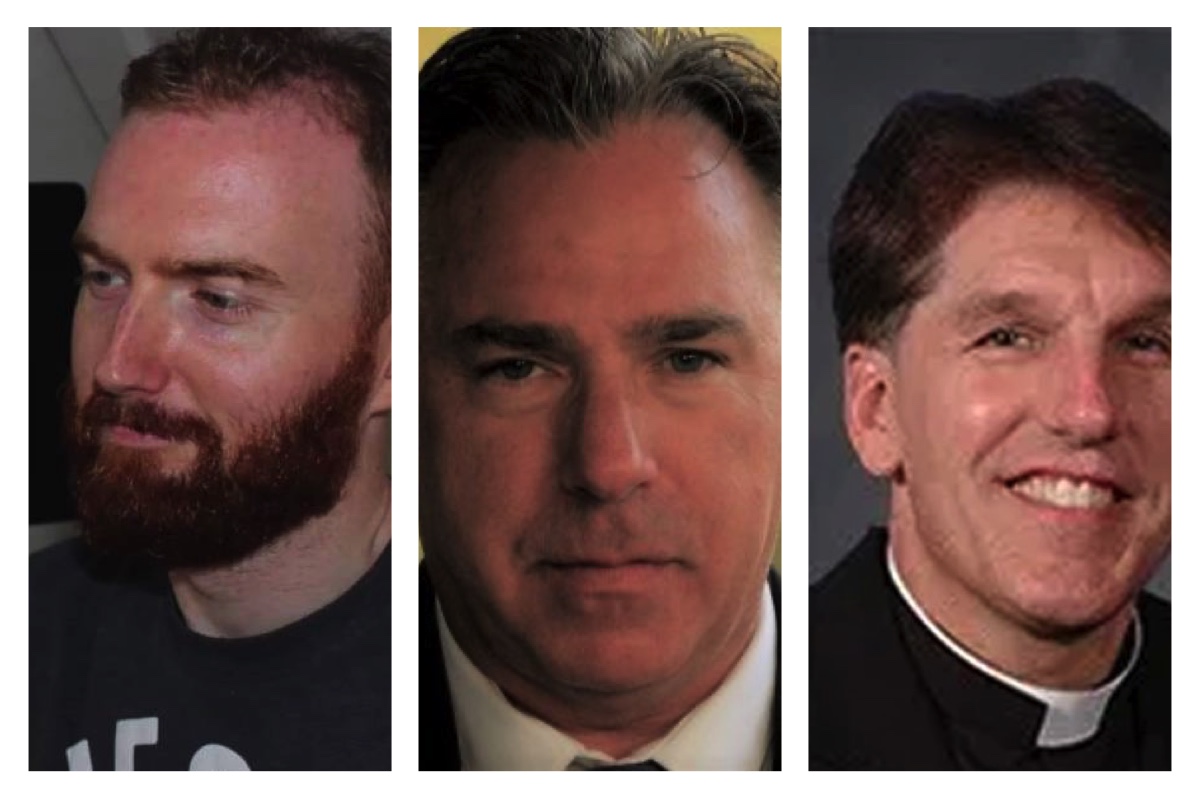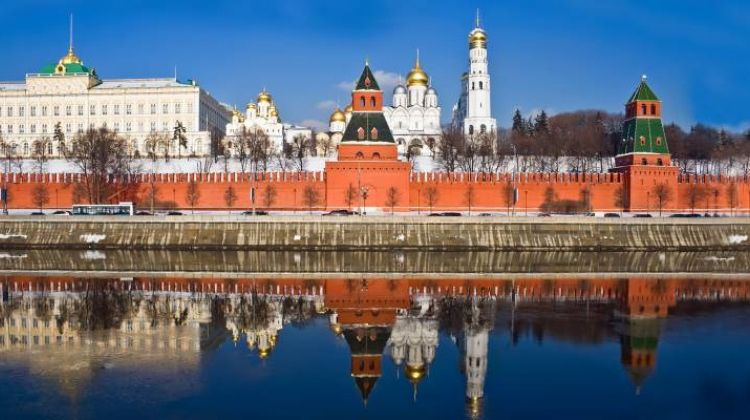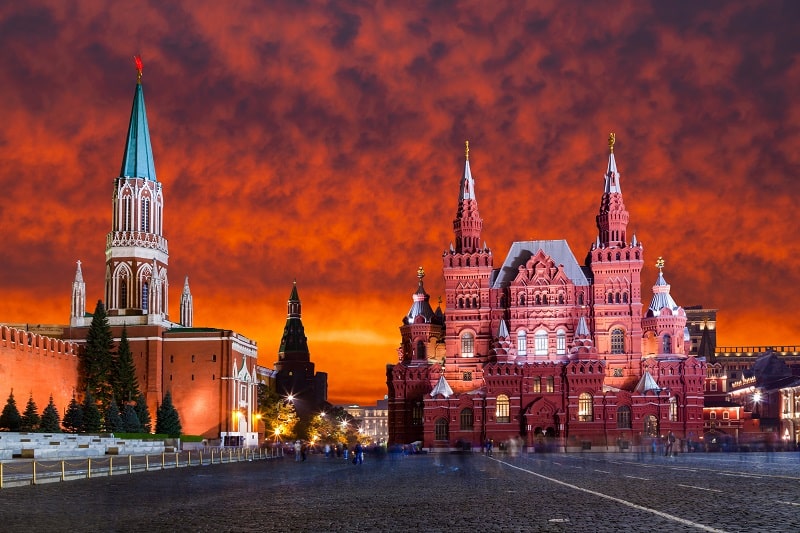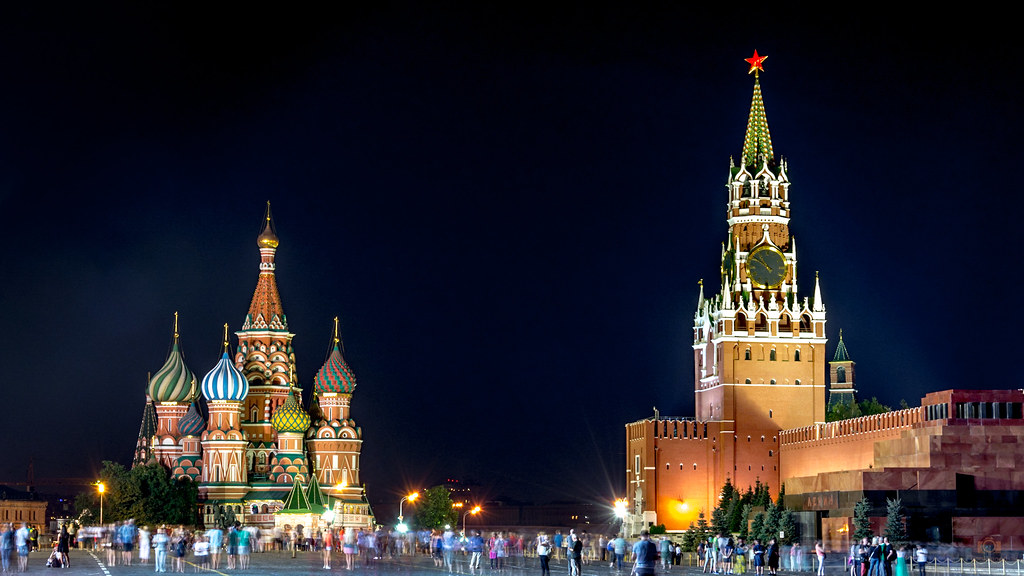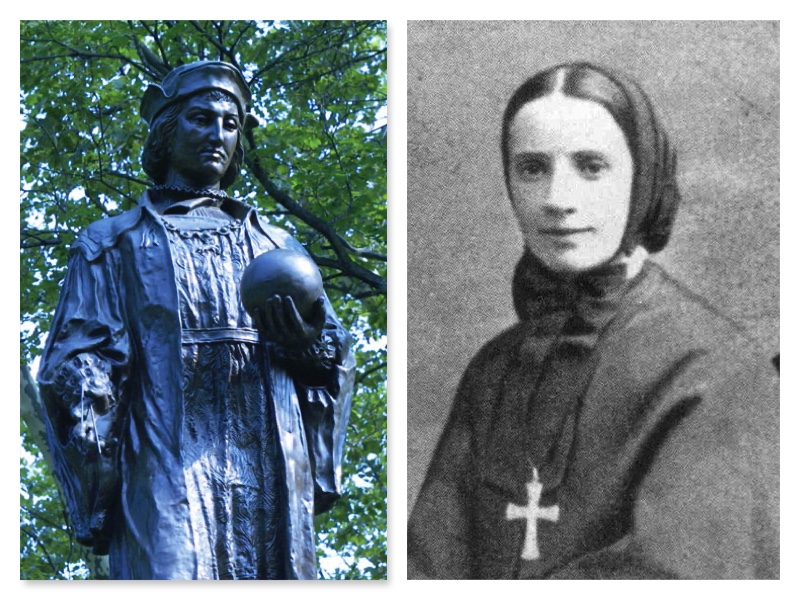The Three Most Important Videos on Coronavirus
New Zealand, one of the least affected countries from coronavirus, now has quarantine facilities (ie concentration camps for the sick.) Thailand has nurseries containing children in plastic cages to "protect others." Australia's Victoria has created a police state against anyone who doesn't wear a mask. In just several months, all seven continents have been locked down. Fear was used; control was gained; control will not be relinquished. Never have a group of hidden leaders gained control of nearly every country in the world in just five months. To understand what happened in 2020 and what is coming in 2021, here are the three most important videos I have seen [...]
Blacks and Whites Discuss Cops, BLM and C19 in front of Planned Parenthood
My friend (who is an African-American Protestant woman) and I discuss BLM, the police, coronavirus and abortion in front of Denver's Planned Parenthood. Click unmute under my chin on this video if you're watching on a non-mobile device: https://twitter.com/FrDaveNix/status/1293608330389151744?s=20
The Russian Orthodox Now See America as Pre-Revolution
The man in the above picture is Abbot Tryphon of the the Russian Orthodox Church Outside Russia (ROCOR) in honor of the All-Merciful Savior in Washington State, USA. He recently said here in Russian and here in English that there are "behind the scenes actors" here in United States who are "trying to start a revolution" similar to the Bolshevik revolution that happened in Russia about 100 years ago. I have been saying that for a few months, but I am happy to have the support of someone whose authority and experience carries more weight than my own: A Russian Orthodox abbot (though he be a Norweigen who lived his whole [...]
Live Not By Lies Part 5: The New Normal
A Cuban grandmother recently wrote: "Communism thrives on chaos, that’s why it’s always referred to as a 'revolution.' And that is what’s happening right now. It takes advantage of any situation to promote chaos. We have a saying in Spanish 'tira la piedra y esconde la mano' translates 'throw stones but hide your hand' they organize the riot but do not show up for it, they convince people to destroy and loot but you will not find them in the video or the photos and if you ask the participants in the riot what is it all about they will not have an answer. Their goal is to create chaos [...]
Live Not By Lies Part 4
Consider this statistic: That is a a secular government statistic. Do the math on it: 4,151 divided by 29,000,000 (the population of Texas) comes to 0.000143. That means that 0.0014% of the population of Texas has died of coronavirus. And that is probably the number that comes to us after over-reporting of non-covid fatalities as coronavirus. But assuming it is true, this means that the chance of any American dying of coronavirus is now 0.0014%. There is no reason to believe the statistics in the rest of the USA are any different. Even the mainstream media has admitted the "curve has been flattened." This proves that not only is [...]
Live Not By Lies Part 3: False Science
As I mentioned in my last blog post, on 12 Feb 1974, the Russian Alexander Solzhenitsyn both penned his famous short essay against communism’s oppression, Live Not By Lies and was arrested (and then exiled to West Germany) for his lack of subservience to the communist government of the USSR. His courage and his intellectual work in writing Live Not By Lies was the crack in the dyke that eventually broke down the communist structure of the USSR and brought so many Russians to desire—and later fight for—freedom. The above link from a Russian Orthodox website lists the resolutions Alexander Solzhenitsyn took in order never to capitulate to the lies of the [...]
Live Not By Lies Part 2
Archbishop Fulton Sheen was thought crazy for constantly warning Americans that communism posed a real threat to the United States. People wondered why a bishop should be so involved in politics. But Archbishop Fulton Sheen knew that communism threatened the Christian fabric of America precisely because the official religion of Marxism was violent atheism. The reason is simple: No authority (including God) can compete with the tyranny that Marxism demands. On 13 July 1917, Our Lady of Fatima said "I shall come to ask for the Consecration of Russia to My Immaculate Heart," and if this were not done, "Russia will spread her errors throughout the world." What are the [...]
Live Not By Lies Part 1
https://www.youtube.com/watch?v=lV_aVZsFsgI&t=18s The above is the single most important video I have seen on the current globalistic overreach that is being done in the name of COVID. It is made by Dave Cullen, a lay man in Ireland. Here are 12 points I have taken away from his video as to why I as a Catholic priest have to fight against the new false state religion in favor of God's one religion: Communism Answers Only to Atheistic Tyrants as Covid answers only to only Fauci, Gates, et. al. The power that the communist rulers may have obtained 100 years ago included a necessary atheism. But now, Agenda 21 is the [...]
When a Nation Becomes Possessed
The above image is a photo that one of my CSU students took 20 years after the Rwandan genocide. We arrived in Kigali in 2014 for a service project 20 years to the month following the genocide that took a million lives, most dying from a machete chop to the head. One thing I didn't expect as I farmed out 20 young college students from Colorado to African families through the nation's Capital of Kigali was that every student would be seated at a dinner table with one or two empty seats. These empty seats were once belonging to members of a family who had perished in the genocide. A [...]
Why Mother Cabrini Would Not Want Herself to Replace Columbus on the Colorado Calendar
CNN recently reported, “Colorado passed legislation Tuesday to replace Columbus Day with Cabrini Day because bill sponsors say it doesn't represent their community members. The first Monday of October will now honor Frances Xavier Cabrini, who according to the bill, is the woman responsible for creating 67 schools, hospitals, and orphanages in the United States and South and Central America throughout her lifetime. Sen. Chris Hansen, one of the bill's sponsors, told CNN that Cabrini is a local Colorado hero because of the work that she did. Chicago and New York join Colorado in honoring Cabrini with a shrine dedicated to her, Rep. Adrienne Benavidez, another one of the bill's [...]
